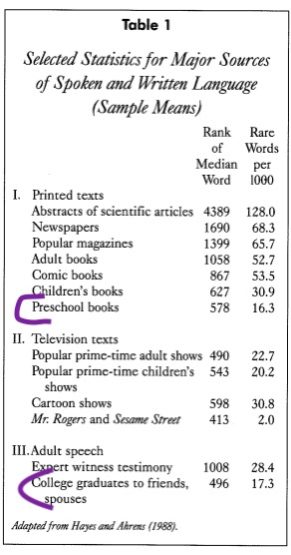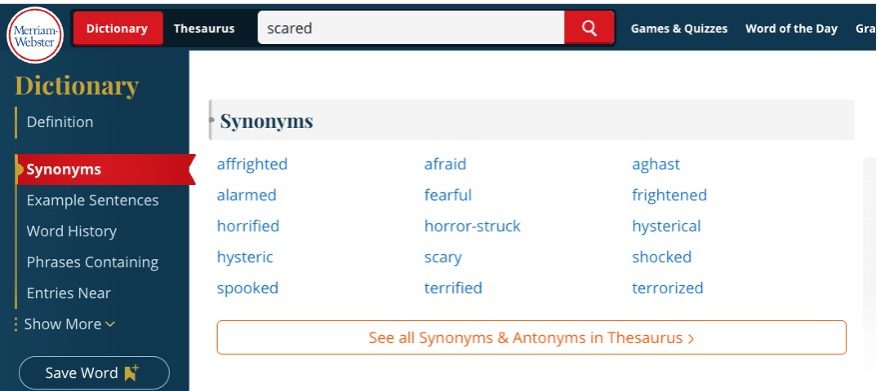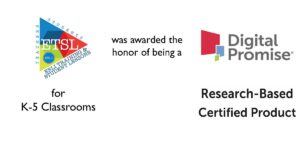Word meaning is integral to all learning!
If we can say a word but don’t understand the meaning, it has little value to our learning. In the realm of literacy instruction, enriched vocabulary enhances background knowledge, comprehension, higher-level thinking, storytelling, communicating, and the richness of words used in writing.
Boosting vocabulary is something that can be accomplished in fun, impactful ways. It can be done anywhere, casually as well as through explicit instruction.
While most of my experience with teaching vocabulary has been with K-12 students in classrooms and remediation, I am now the Gaga of five grandchildren who are 1-3 years old. These little darlings of mine have given me motivation to learn more about early language acquisition and provided me with lots of hands-on practice in teaching and expanding vocabulary for babies and toddlers.
From Toddlers to Teens:
Vocabulary Here, There, and Everywhere!
How do we start out all children with the advantage of vocabulary and keep that mountain of vocabulary growing? Listening, speaking, listening, speaking and reading, writing, reading, writing!
For birth to 5 years old, the focus will be talking and listening; the teachers and caregivers in their life will be doing the reading but reading to them. Once children begin to read and are accurate and automatic enough at reading the words to comprehend the text, then they will have the added benefit of adding to their vocabulary bank because of what they are reading. Their vocabulary can then be transferred to ‘talk written down’ by using the words from their speaking and reading vocabulary in writing.
From birth, or even before, and through adulthood we can talk to children using enriched language. Most adults speak in a casual, informal manner that uses simpler language; by purposefully elevating the complexity of our own conversations with children we improve their vocabulary as well as ours. The number of rare words in the speech of college educated adults is similar to the complexity of vocabulary in preschool books! This chart that highlights rare words from various spoken and written sources is from this fascinating Cunningham and Stanovich article.

So how do we up the quality of words we speak? The answer is to talk to our students/children a lot, increasing our speaking vocabulary complexity, or finding other ways to expose all children to new and more complex words.
How does this look?
Increasing Our Own Speaking Vocabulary
- Use the synonym for words when speaking to your students/children.
o Use this link and type in the word. Click ‘synonyms’ on the left.
- Here is an example for the word ‘scared’:

- For children birth to 2, speak to them using a variety of words:
- ‘Oh my, you jumped out at me and I was so alarmed!’
- For up to 5, use the word and often they will parrot you in their answer:
- ‘Were you frightened when that dog barked at you?’
- Use with older students:
- Play a game where they come up with as many words they can think of that mean the same as scared.
- Challenge them to use these words when they are talking and writing.
- For children birth to 2, speak to them using a variety of words:
- Tell stories about your childhood, bears, magical monster trucks, palaces with glitter, a vacation you took, when you got hurt…anything! This is a great activity for any age child.
- Once children can talk, have them tell a story too.
- In a classroom, have students ask questions to the storyteller. This way the questioner gets an opportunity to talk and the storyteller can elaborate.
- Read to your students or children.
- Do read alouds of novels, even for preschoolers.
- Be sure the book selection is above what the child or any student in your class could read independently.
- Talk about word meaning of unusual words.
- Discuss prefix, suffix, and root word meaning.
Additional Ways to Expose Children to Higher Level Vocabulary
- Listen to audiobooks.
o Independent time at school or home, family time, in the car
- Shows with enriched vocabulary for toddlers and preschoolers.
o There is an abundance of shows that are entertaining and provide exposure to rich vocabulary.
o A few examples are Storybots for preschoolers, The Magic School Bus for preschool and elementary students, and TV Shows and Songs That Improved Our Vocabulary for teens.
- Resources for teachers and parents to help expand children’s vocabulary.
o Tiny Happy People activities (pregnancy to 5)
o Words for Life (birth to 12)
o 8 Ways to Grow Students’ Vocabulary Elementary through High School
Check out the companion EBLI vocabulary webinar to see examples on how to use these and more activities in your classroom or home. Get lots of resources to choose from for all ages of learners!





